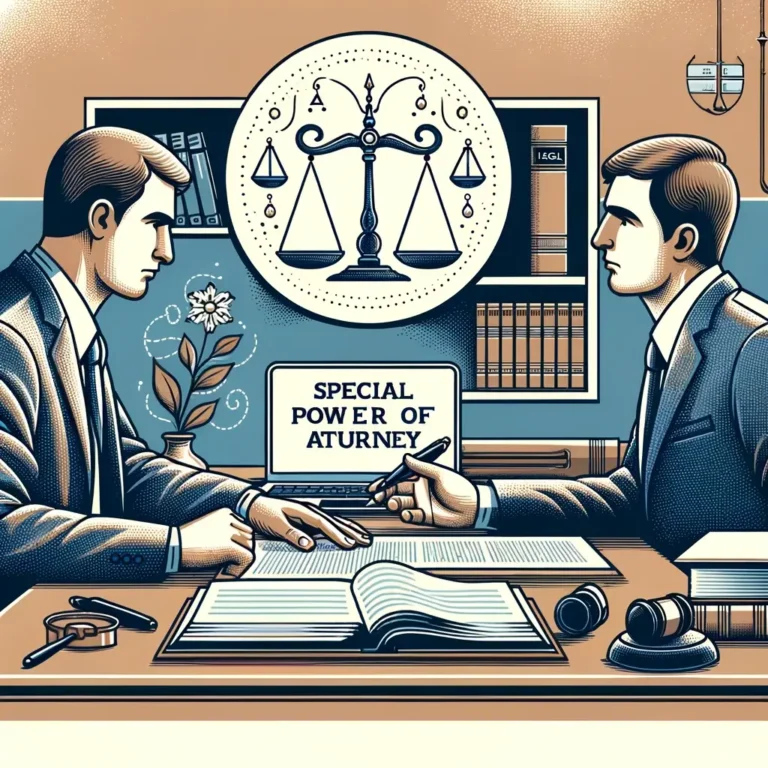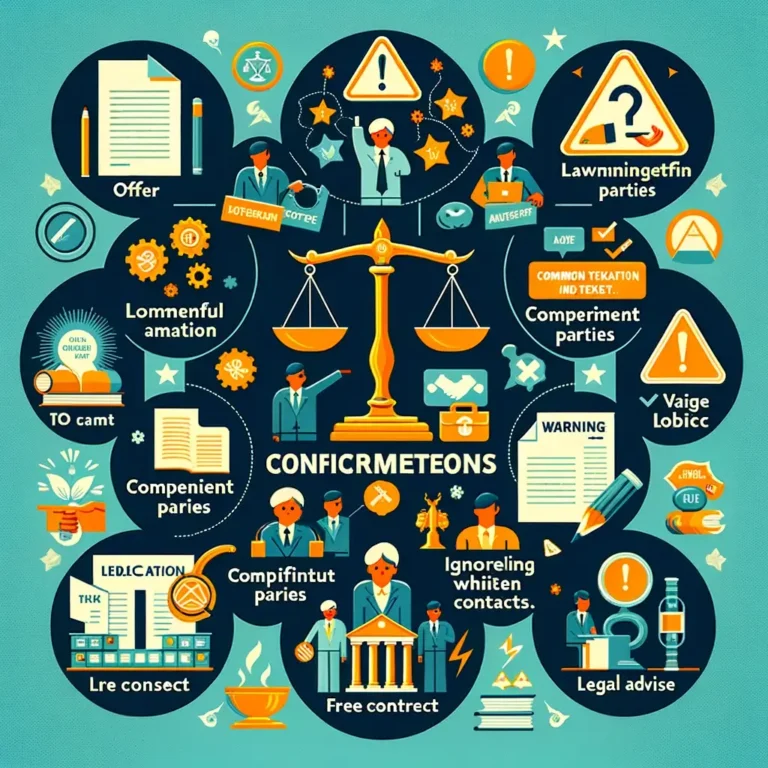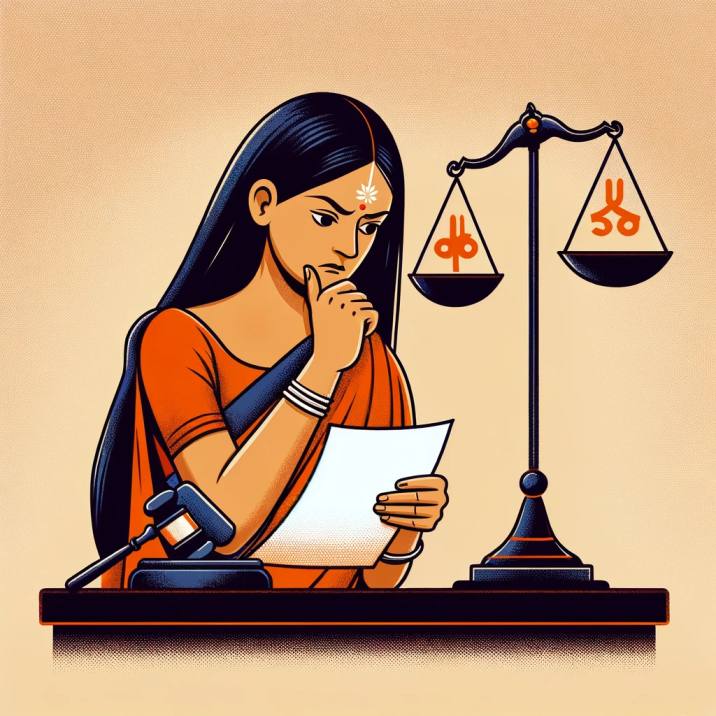Many people are questioning whether a text message qualifies as a legal document.
In the digital age, where communication has undergone a revolution to fit into the palm of our hand, the legal implications of text messages have sparked considerable debate. As Vishal Saini, an advocate, I aim to clarify in this article whether text messages can be considered legal documents.
This examination is crucial for both individuals and businesses, as understanding the legal status of text messages can significantly affect contractual obligations, personal relationships, and the outcomes of litigation.
Is a Text Message a Legal Document? Insights from Advocate Vishal Saini
The Evolution of Communication in Legal Contexts
Traditionally, legal documents were confined to paper, witnessed, signed, and often sealed to signify their authenticity and enforceability. However, as technology evolved, so did the legal system’s adaptation to new forms of communication. Emails, digital signatures, and now text messages have entered the fray, challenging our conventional understanding of what constitutes a legal document.
Defining a Legal Document
A legal document is typically defined as a written document that formally expresses a legally enforceable act, process, or contractual duty, obligation, or right. It can be a contract, a deed, a will, or any document that states some contractual relationship or grants some right. The critical attributes of a legal document include the intention to create legal relations and the agreement of all parties involved.
Text Messages in the Legal Arena
Given the broad definition of what constitutes a legal document, text messages can, under certain circumstances, be considered as such. The essence of a legal document does not lie in its medium but its content and the intent of the parties involved. If a text message clearly outlines an agreement between parties and is intended to be binding, it can be seen as a legal document.
Several jurisdictions have recognized the legal validity of text messages in contractual agreements and evidence in court proceedings. The key factors that lend text messages their legal weight include:
- Intent: Both parties must show a clear intent to create legal relations through the exchange of text messages.
- Consent: All parties involved must consent to the terms outlined in the text messages, similar to traditional contracts.
- Clarity: The terms of the agreement should be clear and unambiguous.
Judicial Recognition and Limitations
Courts have increasingly admitted text messages as evidence in various cases, ranging from contract disputes to criminal proceedings. However, the admissibility and the weight given to text messages can vary depending on the context of the case and the jurisdiction.
It’s important to note that while text messages can form part of a contractual agreement or serve as evidence, there are limitations to their legal standing. For instance, certain types of agreements, such as those involving the sale of real estate or contracts that require a statutory form of writing, may not be considered legally binding if conveyed solely through text messages.
Best Practices
For individuals and businesses looking to use text messages in a legal or contractual context, consider the following best practices:
- Clarity and Explicit Consent: Ensure that the message content clearly outlines the agreement’s terms and that explicit consent is obtained from all parties.
- Backup and Documentation: Keep thorough records of all communications, including text messages, that pertain to any agreement.
- Seek Legal Advice: Before relying on text messages for significant legal or contractual agreements, consult with a legal professional to understand the implications fully.
Conclusion
In conclusion, while the digital age has blurred the lines between formal and informal communication, text messages can indeed be considered legal documents under the right circumstances. The key lies in the intent, consent, and clarity of the messages exchanged. As we navigate this evolving landscape, it’s crucial to remain informed and cautious about the legal weight our digital communications may carry.
Understanding the legal implications of our digital interactions is not just a matter of professional necessity but a societal responsibility. As we continue to embrace new forms of communication, let us also commit to understanding their legal dimensions.
FAQ :-Is a Text Message a Legal Document?
1. Can a text message be legally binding?
A: Yes, a text message can be legally binding if it meets the criteria of forming a contract, including offer, acceptance, intention to create legal relations, and consideration.
2. Are text messages admissible in court?
A: Text messages are admissible in court as evidence, provided they are relevant to the case and authenticated.
3. What makes a text message a legal document?
A: A text message becomes a legal document when it clearly outlines an agreement between parties with the intention to be legally bound.
4. Can text messages be used in contract disputes?
A: Yes, text messages can be used in contract disputes as evidence of the terms agreed upon by the parties involved.
5. Do text messages need to be signed to be considered a legal document?
A: No, text messages do not need to be signed. The key factor is the content and the intent of the parties.
6. Are there any types of agreements that cannot be formed via text message?
A: Yes, certain agreements, such as those involving the sale of real estate or that require a formal writing under the statute of frauds, typically cannot be legally formed via text message alone.
7. How can I prove the authenticity of a text message in court?
A: The authenticity of a text message can be proven through electronic records, timestamps, and sometimes through witness testimony.
8. Can a text message override a written contract?
A: It depends on the content of the text message and the context. If it clearly indicates an agreed modification of the contract by both parties, it might have legal standing.
9. What is the significance of intent in text messages as legal documents?
A: Intent is crucial; both parties must intend for their text message communications to have legal effect for a text to be considered a legal document.
10. How can one retract a statement made in a legally binding text message?
A: Retracting a statement can be complex and depends on the nature of the agreement and mutual consent. It’s advisable to seek legal advice in such situations.
11. Can a misunderstanding in a text message void a legal agreement?
A: Misunderstandings can lead to disputes about the terms of an agreement. Whether it voids the agreement depends on the specifics and might require legal interpretation.
12. Are emojis in text messages considered part of a legal document?
A: Yes, emojis can be interpreted as part of the communication and, in some cases, can influence the interpretation of a message’s intent or tone.
13. How should one document and store text messages for legal purposes?
A: It’s advisable to keep electronic records, take screenshots, and use cloud storage or printouts to preserve text messages for legal purposes.
14. Can a single text message form a legal agreement?
A: Yes, if a single text message clearly outlines an agreement and shows mutual intent to be bound, it can form a legal agreement.
15. How does one withdraw consent from a text message agreement?
A: Withdrawing consent generally requires notifying the other party in writing and can depend on the terms of the agreement and applicable law.
16. Can a text message serve as a will or testament?
A: In most jurisdictions, a text message cannot serve as a will or testament due to specific formal requirements for wills, such as being in writing and witnessed.
17. How is a text message treated differently from an email in legal contexts?
A: Both can be considered legal documents, but their treatment may vary based on context, formality, and how they are used by the parties.
18. Can a text message agreement be enforced across different jurisdictions?
A: Enforcement can vary by jurisdiction, especially if there are differences in laws regarding electronic communications and contracts.
19. What role does consent play in text message agreements?
A: Consent is fundamental. All parties must agree to the terms and intend for their text message exchange to have legal consequences.
20. Are there any best practices for creating agreements via text message?
A: Yes, ensure clarity in communication, obtain explicit consent, document the exchange, and seek legal advice if necessary.
21. Can a deleted text message still be considered a legal document?
A: Yes, if it can be retrieved or its contents verified by other means, a deleted text message can still be relevant legally.
22. How can ambiguity in text messages affect their legal standing?
A: Ambiguity can lead to disputes over the interpretation of the agreement, potentially weakening its legal enforceability.
















